After bringing home fresh produce from the store or the farmer’s market, it’s important to wash your fruit thoroughly to get off any unwanted bugs, dirt, or pesticides.
However, experts are now claiming that the best way to wash your fruit and clear away residual growing chemicals isn’t a hack that you’ll see on TikTok or Instagram.
Why Wash Your Fruit?
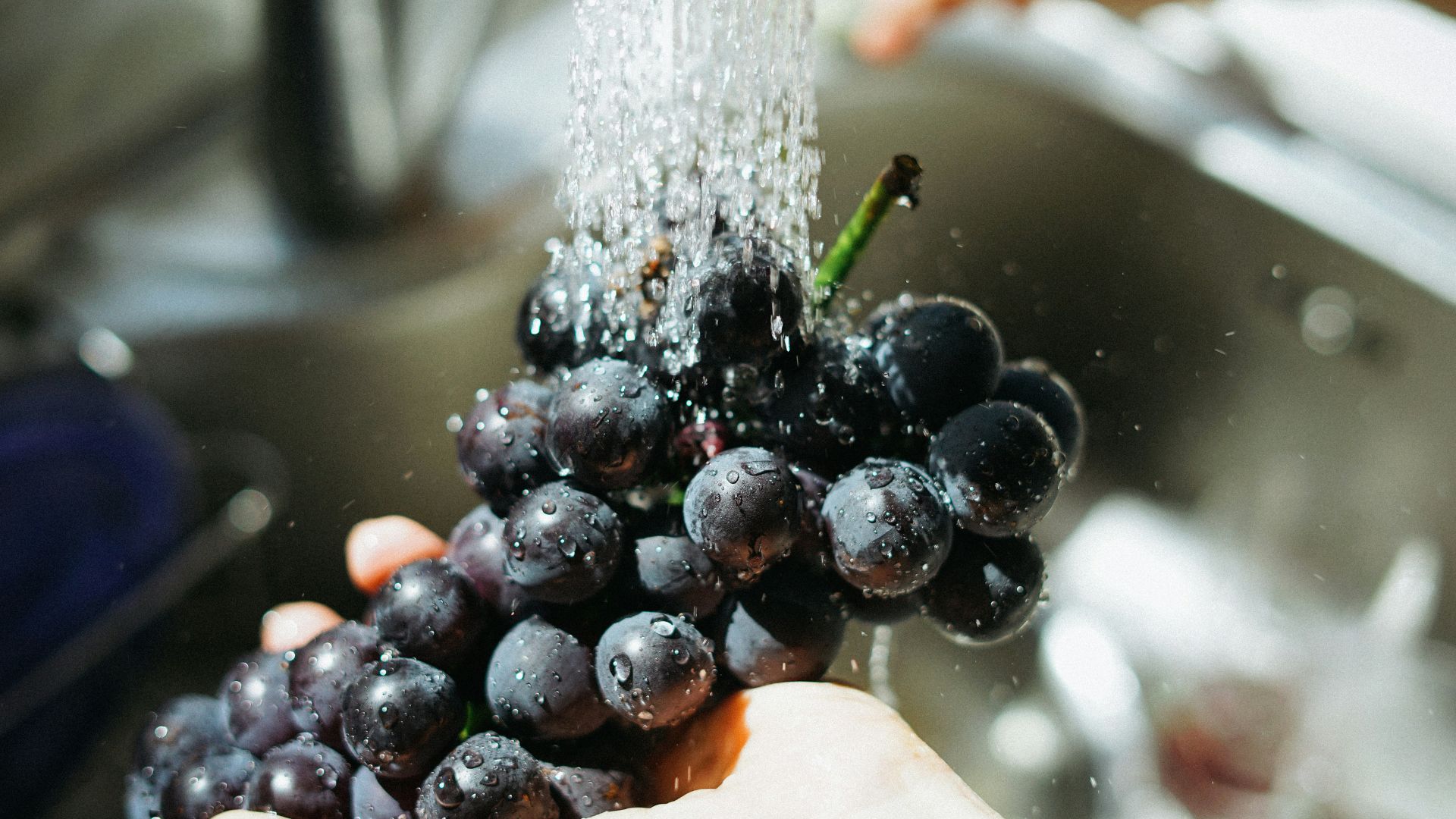
When you go online to look for the best ways to clean fruit and wash the food that you bring home, you might run unto people who don’t wash it at all.
This is a huge mistake, on top of being grown in soil and manure, there is no telling how many people touched the item that you brought home. From growing to picking to the grocery shelf, you’ll want to eliminate any lingering germs or chemicals.
What Is the Harm of Ingesting Pesticides?
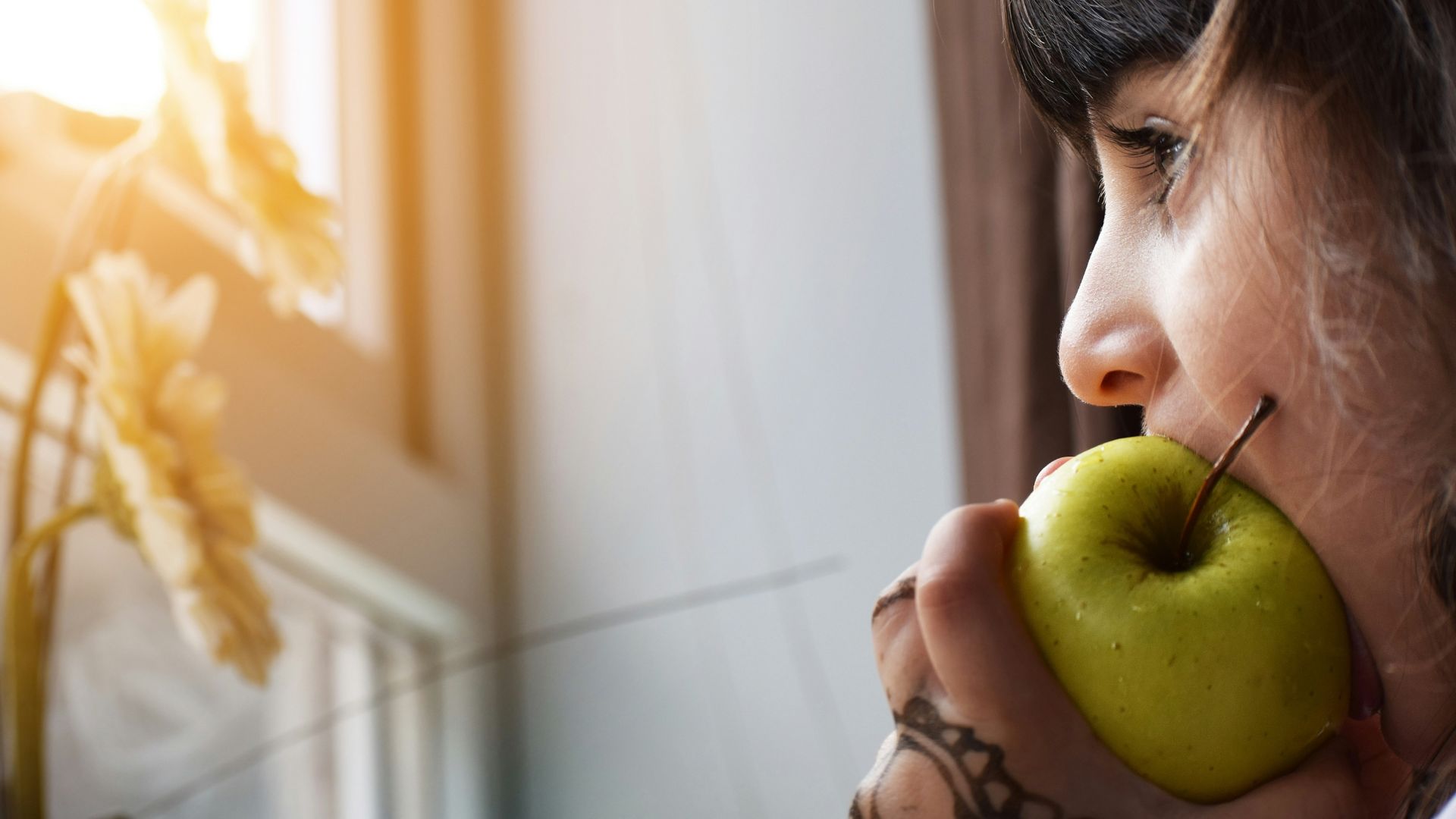
Dr. Kelly Johnson-Arbor, medical toxicology physician and medical director at National Capital Poison Center in Washington, D.C., says that “There are many different types of pesticides, and the human effects of ingesting these chemicals can vary based on the type of pesticide.”
Also, she noted “Some pesticides can cause neurologic damage, while others are associated with chronic health conditions such as cancer.”
Several Concerns around Pesticides
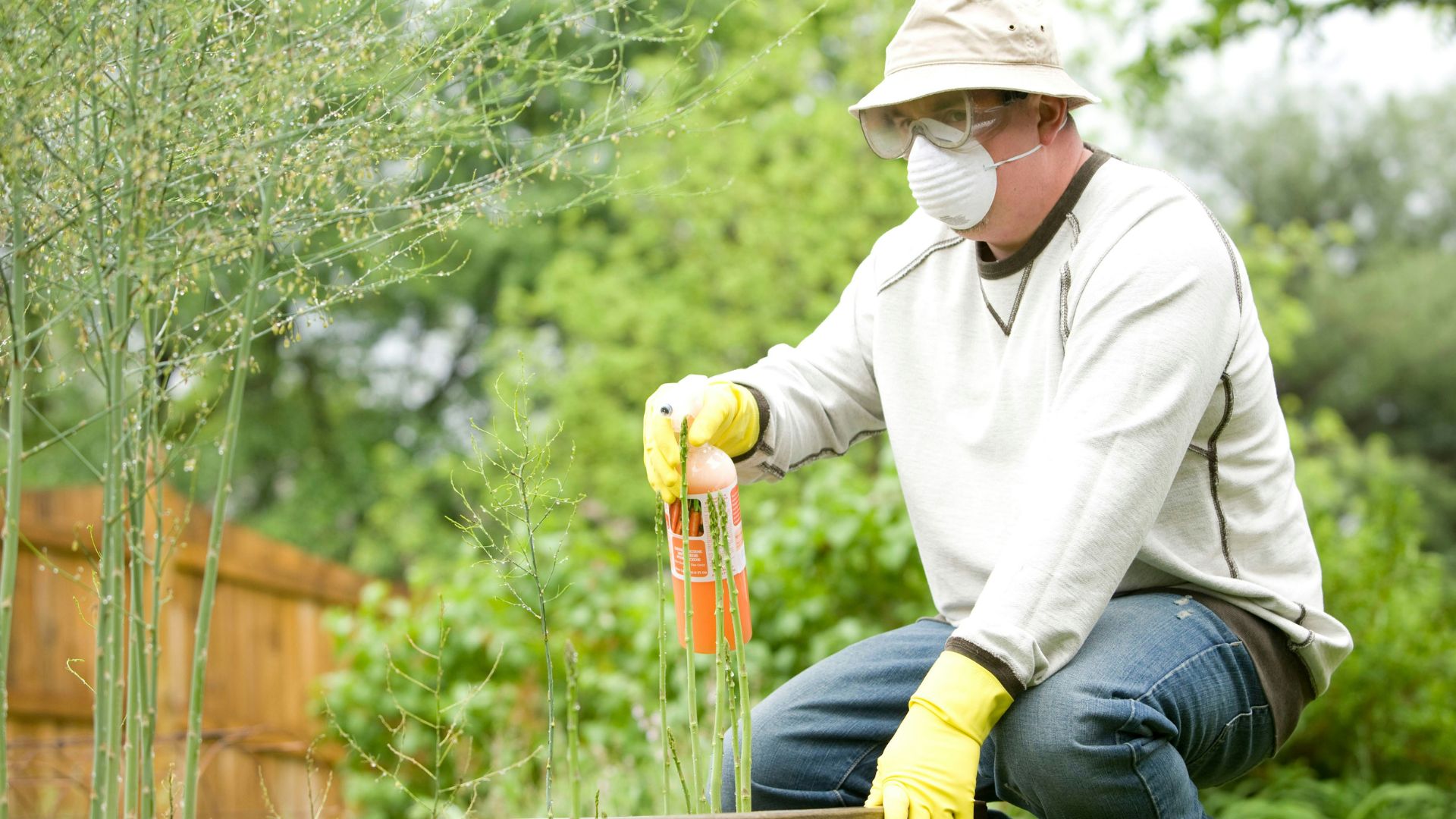
More side effects linked to ingesting pesticides include “effects on reproduction or development” known as endocrine disruption.
These concerns cause people to avoid unnecessary exposure to pesticides in the hopes of keeping their bodies in peak condition.
What the Environmental Protection Agency Says on the Matter
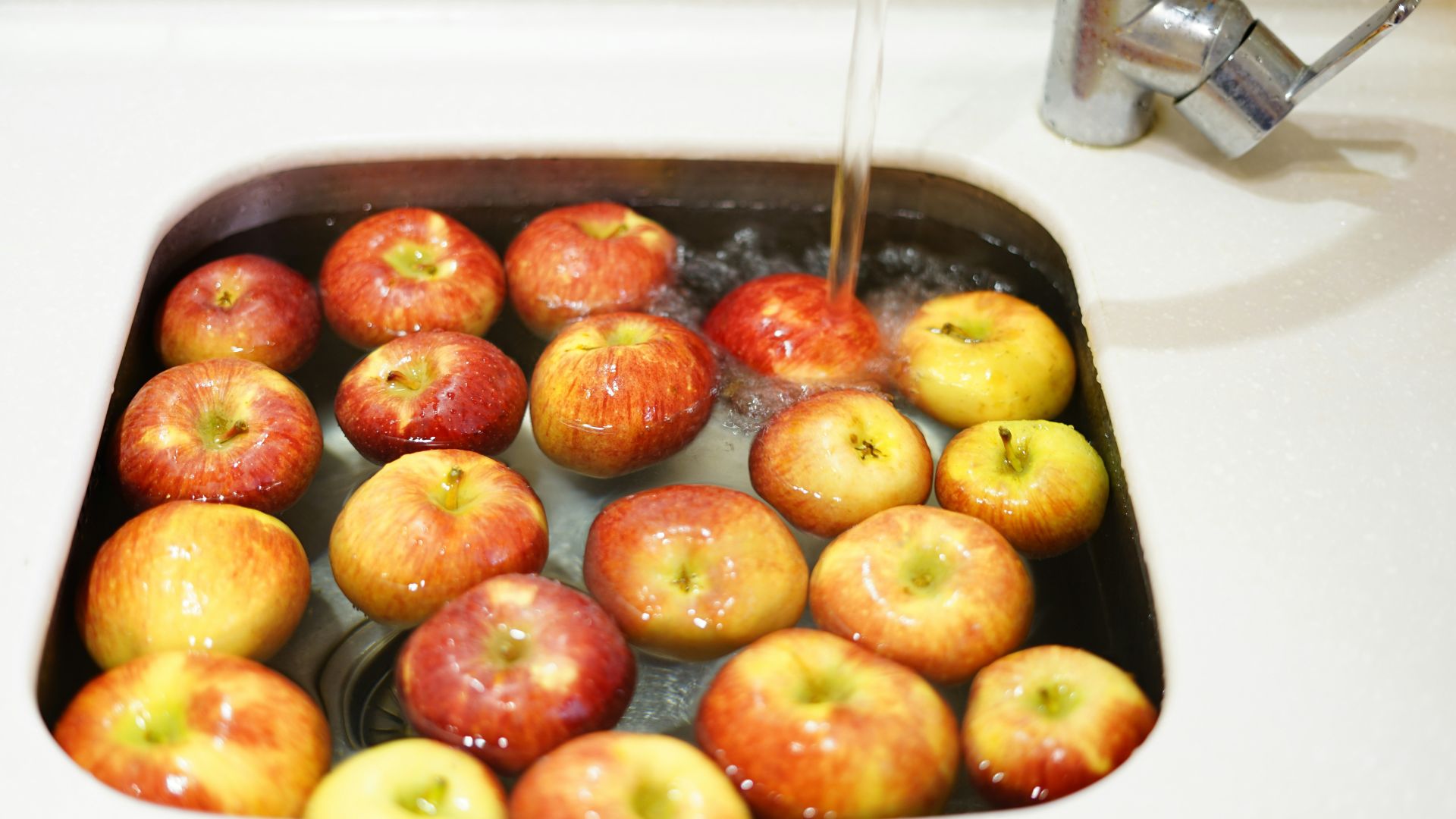
The Environmental Protection Agency has said that, “people are likely to be exposed to only very small amounts of a pesticides — too small to pose a risk.”
However, it’s unknown if every piece of fruit in the grocery store has just a small amount of pesticides, or if one strawberry could be carrying a toxic load. In that case, it’s best to find out how to wash your fruit of all the nasty chemicals.
Regular Tap Water Works Well
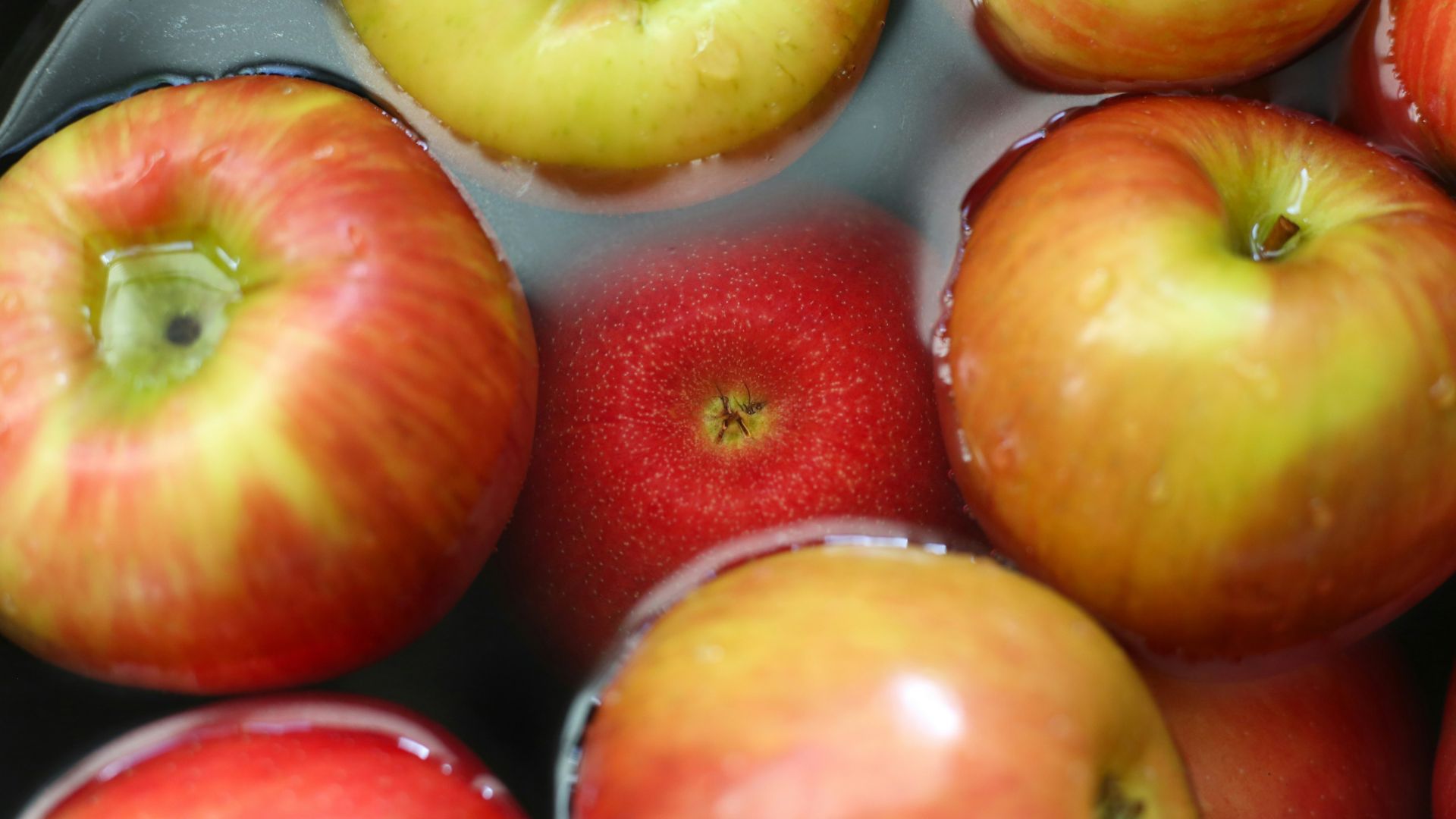
For those concerned about buying additional tools and ingredients to wash their fruit, don’t worry! Tap water is the best available option to rinse away harmful pesticides.
Johnson-Arbor says “Plain running tap water remains the simplest and safest method” to remove all germs, dirt, bugs, and pesticides.
Don’t Use Soap
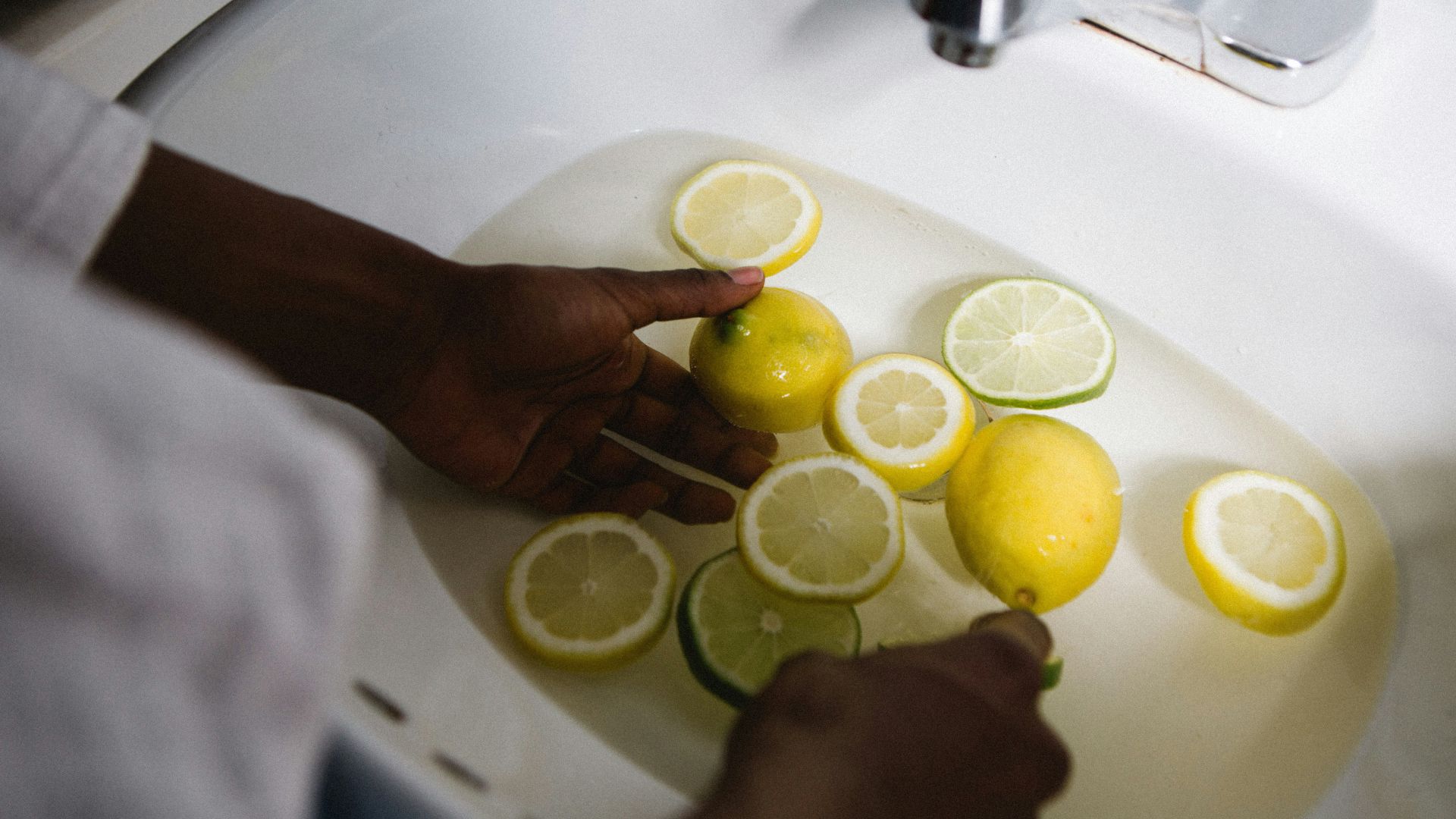
The experts also note that using soap isn’t beneficial since fruit and vegetables are absorbent by nature, so any cleaning solutions added to the fruit will be left on it permanently.
As well, they shared that any speciality “produce wash” likely won’t have the same effect as plain water and is a bit of a scam in the store.
The FDA Backs up Plain Water
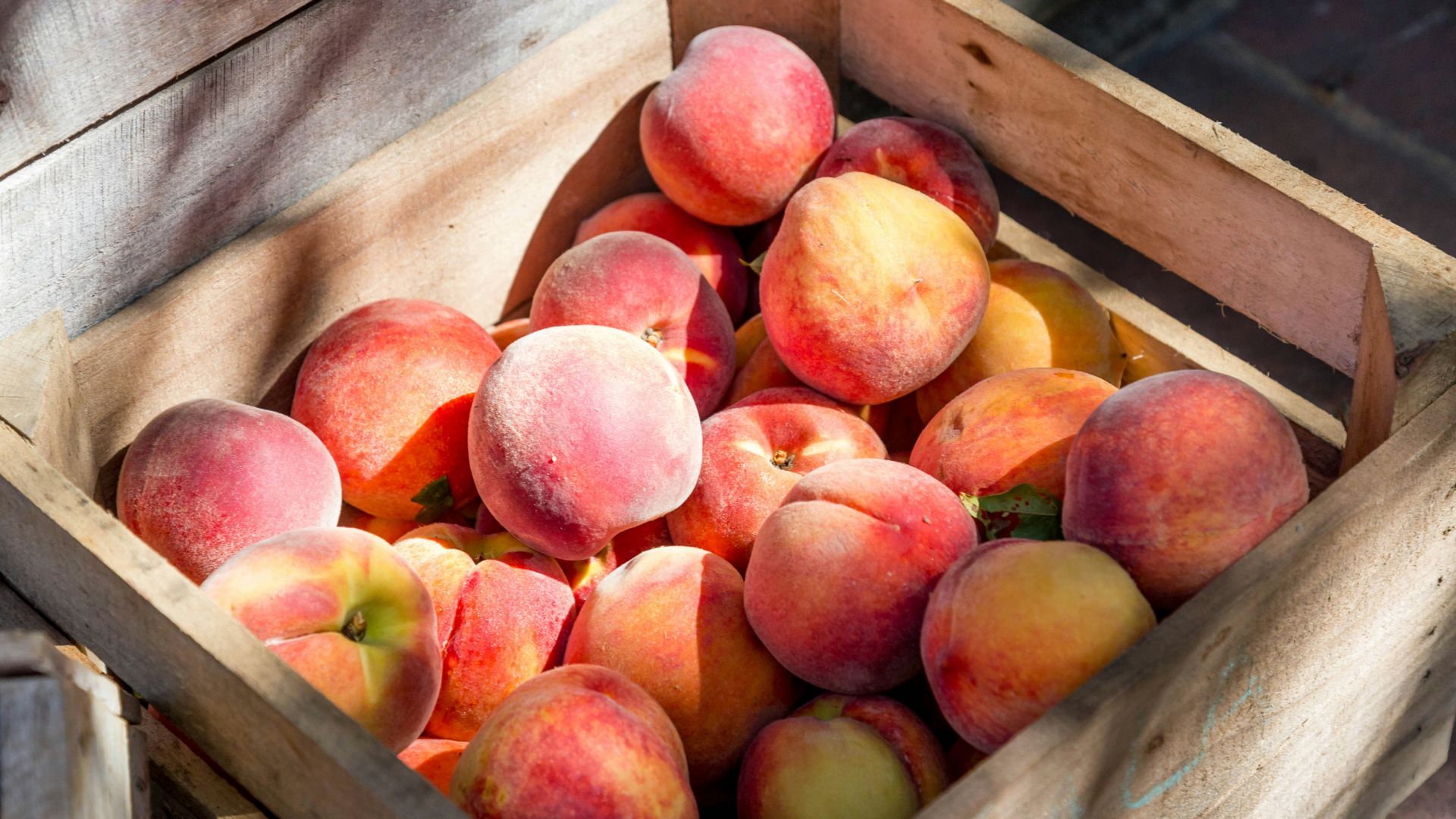
Emma Laing, the director of dietetics at the University of Georgia explains that according to the FDA, “washing fresh produce with soap, detergent or commercial produce wash is not recommended, as their safety and effectiveness have not been adequately tested.”
Also, she notes that “soaps and detergents can be absorbed even with thorough rinsing, and this can lead to illness.” By avoiding cancers and illnesses caused by pesticides, it’s best not to ingest other chemicals in the process.
Avoid Soaking Fruit
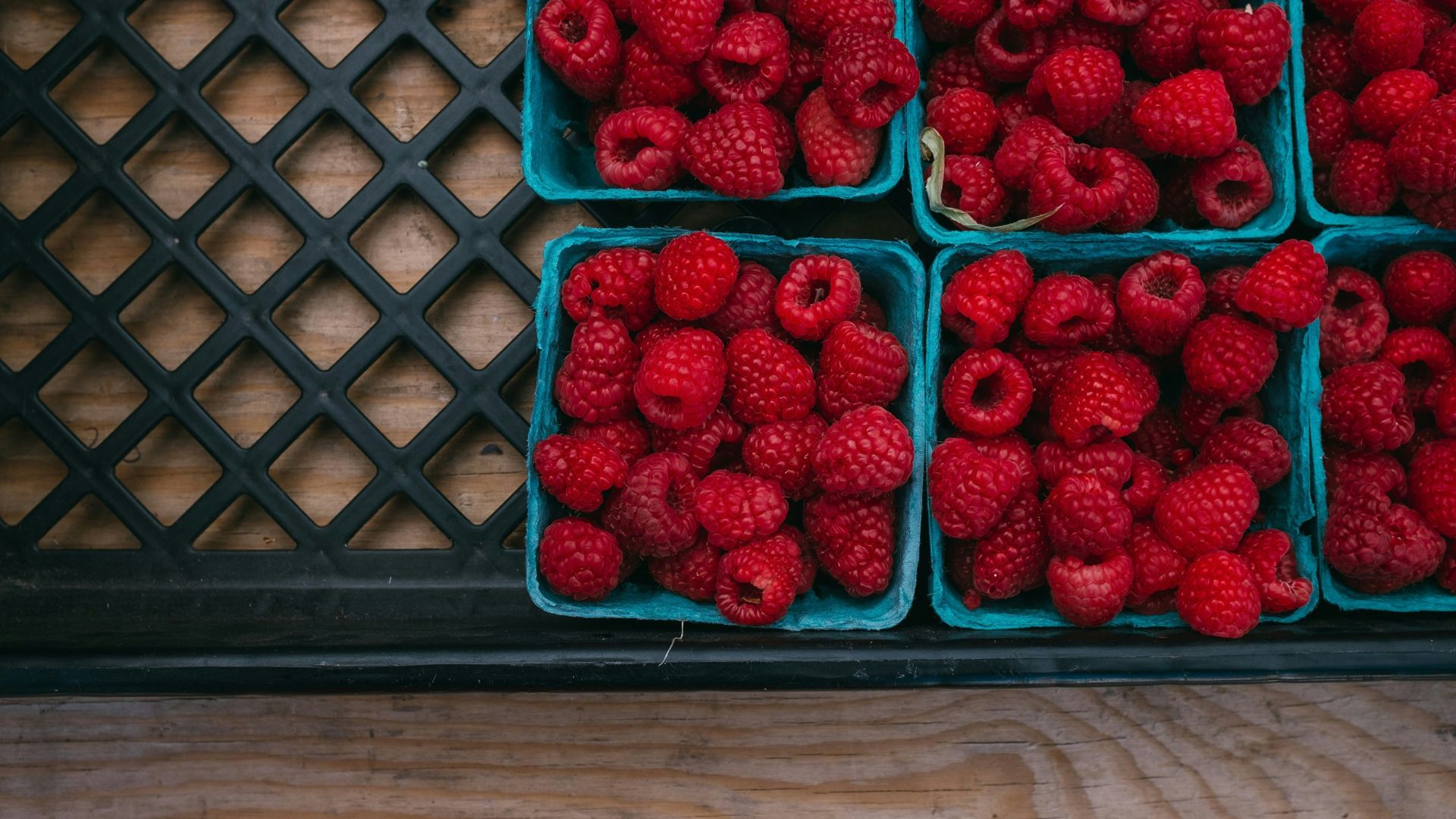
A common hack that you might see on TikTok or Instagram is to soak your fruit and veggies in a bath of baking soda and vinegar.
While it might seem like it helps remove pesticide remnants on the surface, it can actually spread the germs throughout the water and result in a higher level of contamination.
Some Produce Will Require More Cleaning
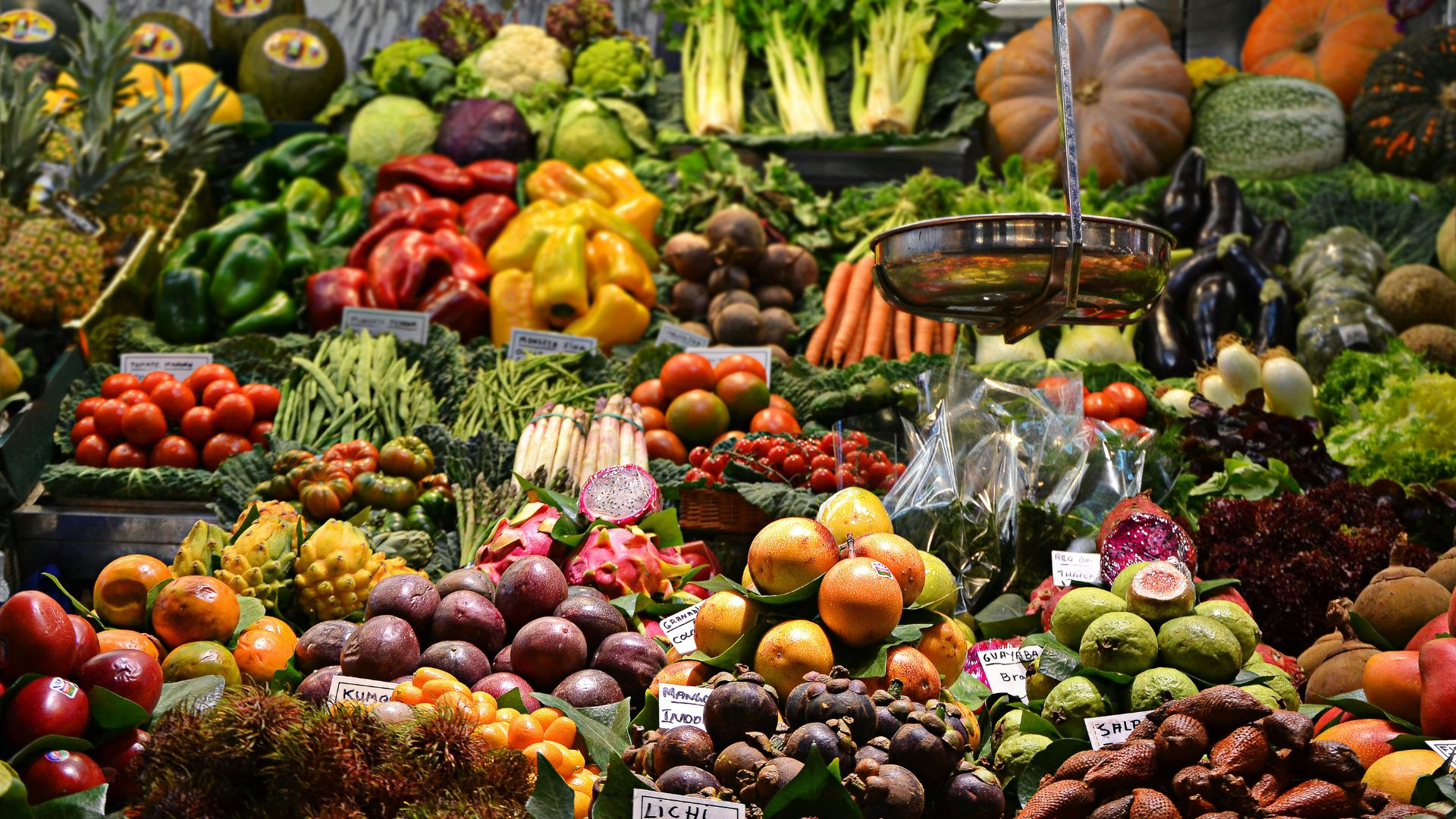
Items with big green leaves, crevices, and rough surfaces require additional cleaning methods as well.
Things like mushrooms need to be wiped down completely with a damp paper towel to ensure that all chemicals and manure are removed from the inner crooks and crannies.
Wash Items with Thick Rinds
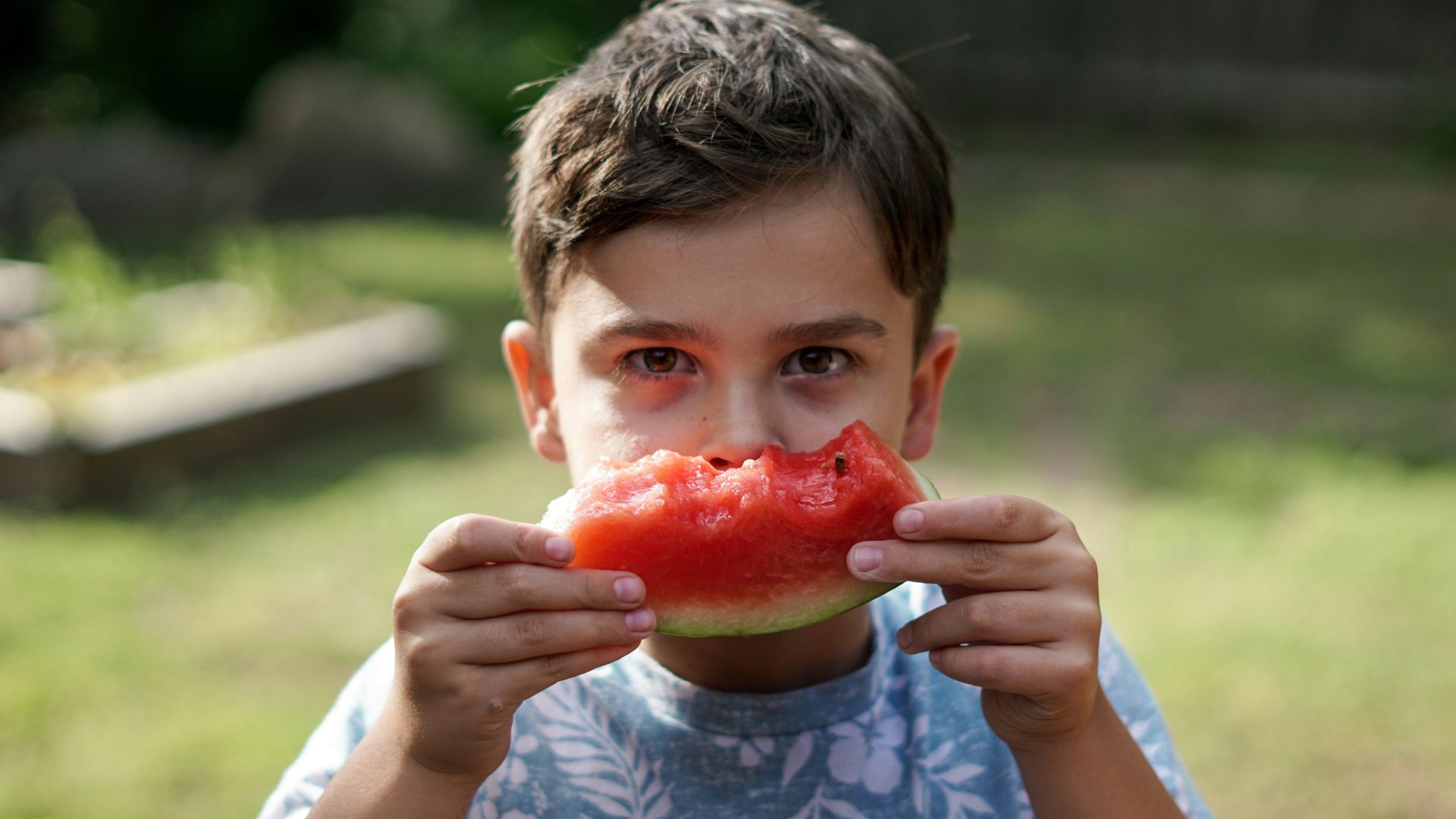
There’s a rumour floating around that items like limes, lemons, and melons don’t need to be washed at all, but this is the furthest thing from the truth.
When cooking and eating fruit and veggies with thick rings, the pesticides can be easily transferred from your hands to your mouth. So don’t forget to give these rindy items a thorough rinse as well.
Organic is the Best Way to Avoid Pesticides
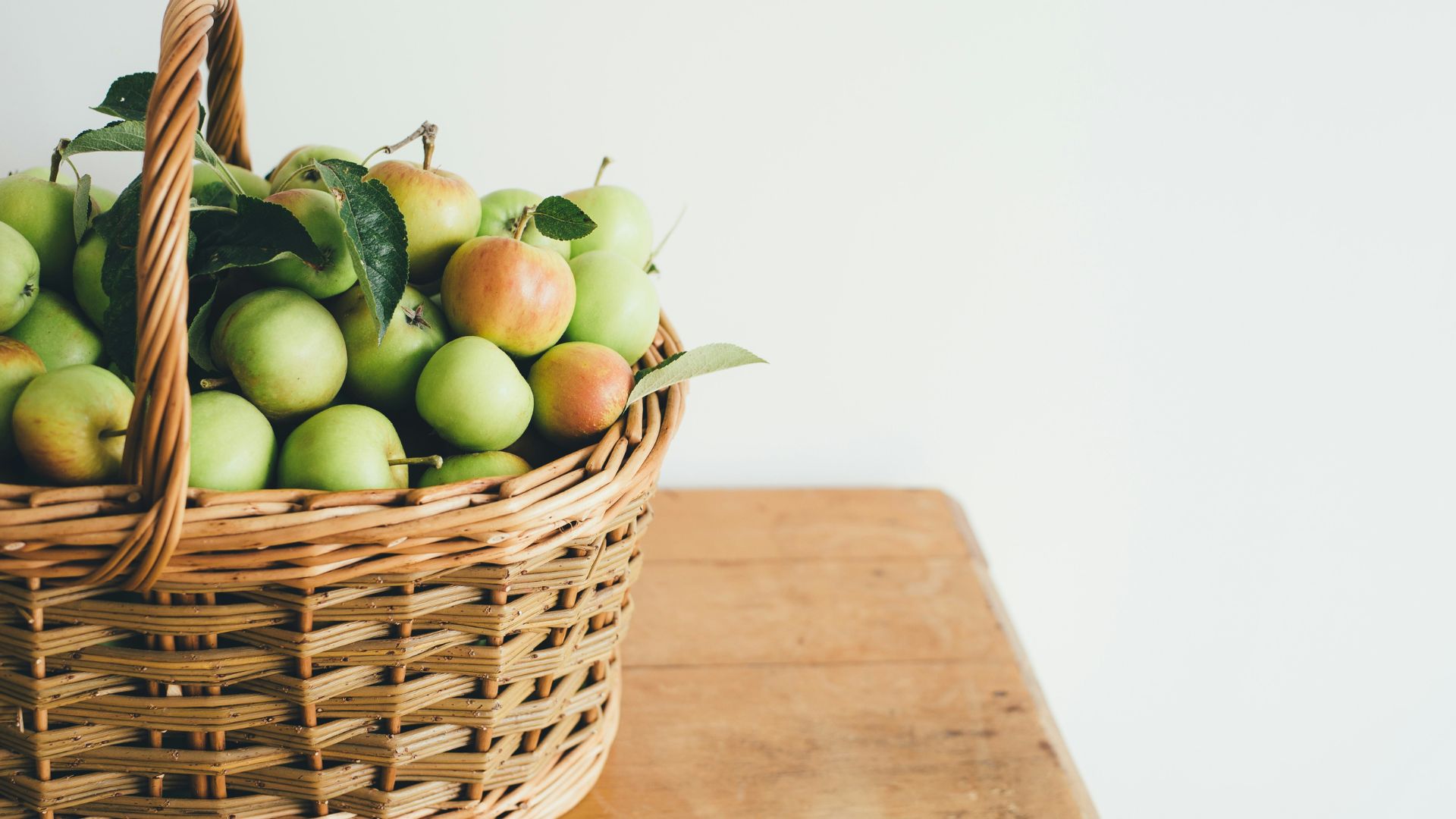
If you want to forget about pesticides all together, consider heading to your local farmer’s markets and buying fresh produce from trusted sources.
Organic produce in the grocery store can be another safe bet. However, you may want to research the specific companies first, as many organic labelled items have small amounts of pesticides used.








































